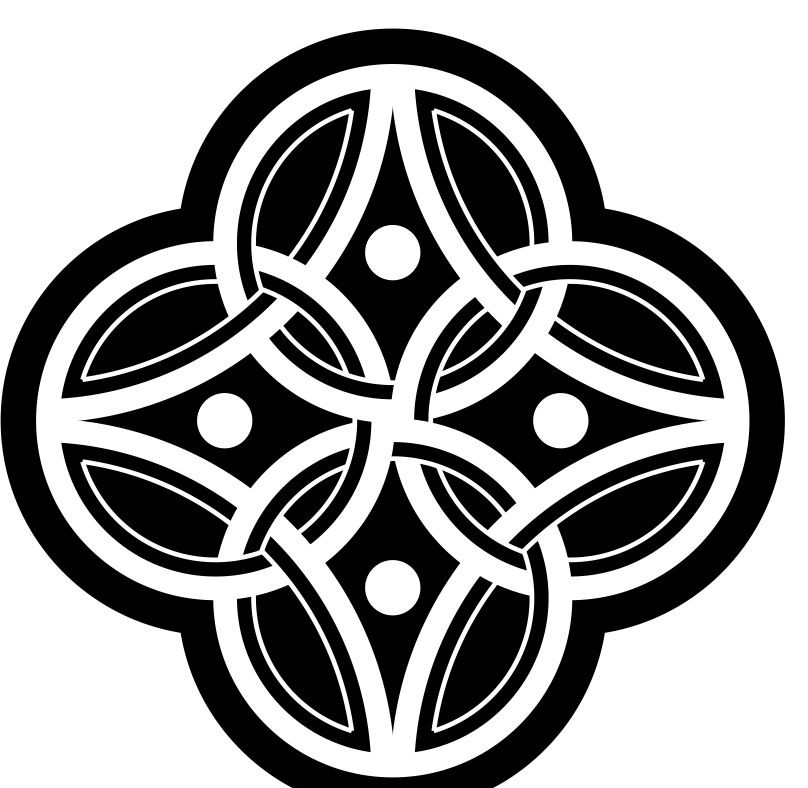Generic LARP terms:
Player: that’s you. You, who is reading this, and contemplating playing the game.
Character: The role you play, the part you act out, the main character of the story you are creating as you play the game.
NPC Non-Player Character: A part played by a member of the game team (see Monster Crew and Over The Hedge). Examples might be servants, messengers, foreign diplomats, and any barbarian Orc.
IC (eye-see) ; In Character. Discussions, events, items, that take place or exist within the game. On-stage as it were, during the gameplay itself. As distinct from OOC. For example, in-game money has value IC. A political arguement may take place IC.
OOC (oh-oh-see) (also OC, OoC) ; Out of Character: Stuff that is more real-world, the off-stage stuff. Your neon geodesic dome tent, the toilet block, your car, the discussion about that tv show you saw before arriving on site… these are all OOC.
Time-In : The period of the event when the IC stuff happens. When your character meet, bounce off each other, argue, tell stories, and so on. The official start and end of the game, in time.
Time-Out : The bit around Time-In. Before the game starts, when it stops for the night, when it finishes at the end of the weekend (or whenever).
[The above 4 interact a lot. You can, for instance, drive your OOC car into the IC area, to unload your IC tent, during Time-Out, before the game starts. During an IC conversation during Time-in, you may nip to the OOC toilet block.]
Time-ish : Indeterminate. Unsure whether time-in or not. Usually used at Empire on Sunday afternoons, when someone might be packing up their tent and stop to say an OOC goodbye, or perhaps late one night when Time-Out has occured (and the game has finished for the night), but people are still role-playing at each other.
Downtime What your character does between events. Depending on the game, this can be as simple as “wanders around doing nothing much”, or as complex as a brick-thick fantasy epic novel. When discussing downtime, the opposite of it, the stuff that happens in play, is “uptime”. In Empire, downtime is a fairly simple set of options with drop-down menus on the Profound Decisions website, affected by various things during the game.
Phys-rep (Fizz-Rep): Physical Representation. A prop. Usually applied to weaponry, sometimes to big bits of scenery. Your foam sword is a phys-rep for a real sword. In game, it is a real sword. Your pewter tankard is a phys-rep for a pewter tankard, likely belonging to your character. You, during time-in, are the phys-rep for your character.
Hard Skills: The stuff that YOU can do. Can YOU run for 400m across a field, hold a tent spellbound with a song, juggle numbers in your head while talking politics? Chances are your character can do this too. For example, “Walk briskly around for 2 hours while wearing plate armour” is a hard skill. If YOU the player aren’t able to do this, your character is going to have a hell of a time doing it.
Soft Skills: The stuff that your character can do, usually specific to the game. Examples include using lots of different weapons, casting magic rituals, brewing magic potions, performing field surgery.
[Note that there is some overlap here. If you have the hard skills for using a selection of medieval weaponry, you MIGHT be better at fighting with the phys-reps. If you are actually a trauma surgeon, you MAY be able to narrate your IC field surgery with shocking detail. If you are actually able to cast magic spells… tell the rest of us please!]
Soft Kit*: Your characters costume/outfit. Examples include robes, tunics, doublets, dresses, trousers, and all the relevant accessories. What your character would likely be wearing at lunch. So called to distinguish it from…
Hard Kit: Often armour. Often, therefore, hard. Applies to leather armour, chainmaille, plate armour, and similar. What your character is likely wearing into battle.
Factions/Nations: Depending on the game, these are IC (and often, for administrative purposes, OOC) large groupings of the players/characters. They may be allied, antagonistic, rivals, or whatever. They often have a unifying theme, costume, outlook, or similar. If done well, they should be visibly distinct from each other.
Groups: Smaller sets of players/characters, usually within a Faction/Nation. Often with their own ideas, theme, maybe colour scheme, within the greater one of their Nation.
Refs ; Referees, often seen in hi-vis jackets or similar. The people who organise and run the game. Go to the refs with rules queries, games mechanics issues, and similar. Often found at the Games Operation Desk (GOD).
Monster Crew : those people playing all the other roles in the game other than the player characters. Think of them as the chorus in a musical… Messengers and diplomats, peasant mobs and hostages, strange tribesmen and wandering prophets… but most often, they’re playing monsters and combat opponents, hence the name. Sometimes Monster Crew are volunteers for a few hours, sometimes they’re booked in for the event. Acting as part of the Monster Crew is called Monstering. The area where they are mustered, costumed and deployed from is the Monster Room. See also Over the Hedge, below…

